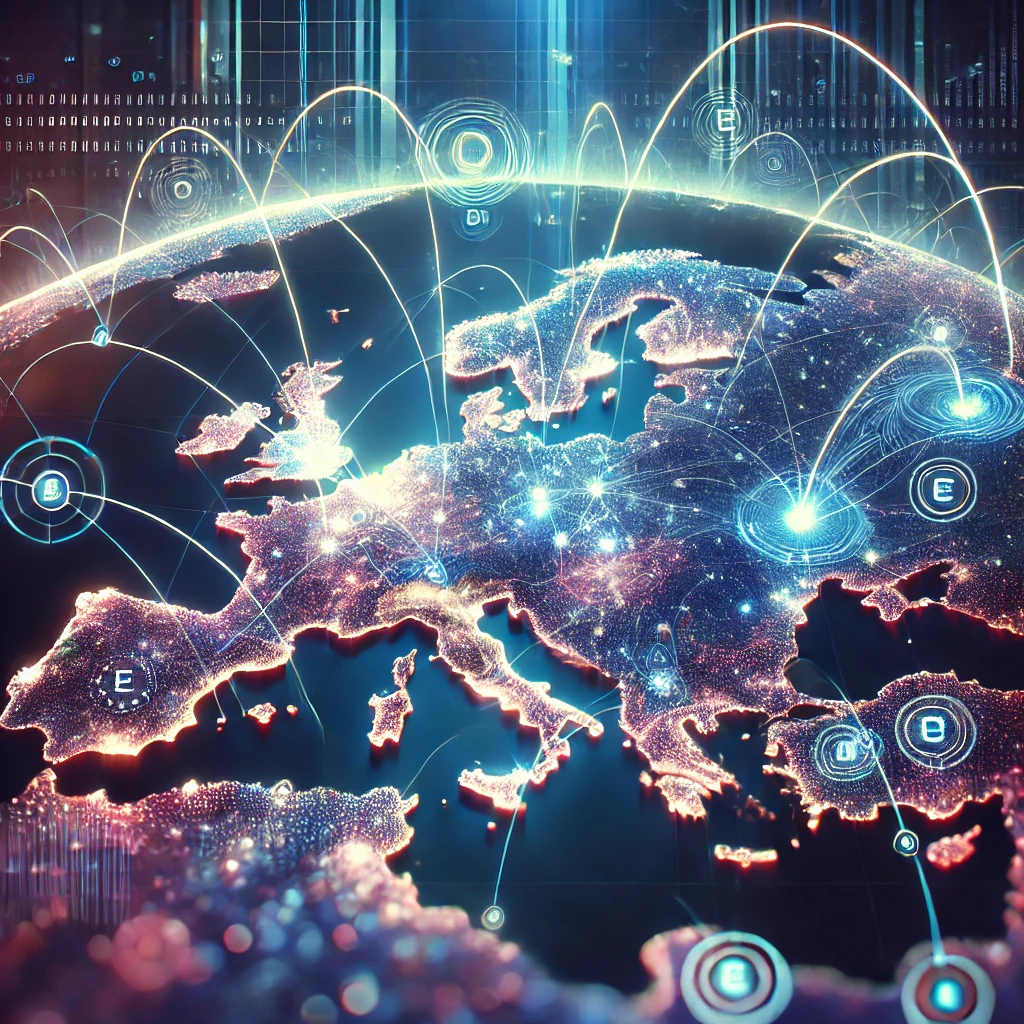In recent years, a new way of bringing people and resources together has popped up—Decentralized Autonomous Organizations (DAOs). Unlike old-school organizations that need bosses or higher-ups, DAOs run on blockchain tech and smart contracts. This lets groups make decisions together in a clear and safe setting. But how do these DAOs tick, and what’s next for this groundbreaking take on setting up and running things? Let’s dig in.
What is a DAO?
A Decentralized Autonomous Organization (DAO) runs without a central authority. It uses blockchain technology, which has smart contracts to carry out the rules that govern the organization. These smart contracts act as digital agreements that spell out how people make decisions, handle money, and do tasks—all without humans stepping in.
To put it , DAOs let folks team up and decide things together in a clear safe, and automated way. Everyone involved has a stake in the organization, and no single person can control it.
How Do DAOs Work?
At the core of every DAO are smart contracts—rules coded into the blockchain that control how the organization works. These contracts put decisions into action, manage money, and perform other jobs based on set conditions. Once established, these contracts can’t be modified or messed with.
Members Make Decisions Together
In old-school companies big shots and board members call the shots. But DAOs work . Token holders, who own digital assets (tokens) linked to the DAO, get to vote on decisions. These choices can cover how to spend money, which projects to back, or even tweaks to the DAO’s setup. the more tokens you have the more say you get, though some DAOs make sure everyone’s vote counts the same.
Openness and Faith
One of the key benefits of DAOs is how open they are. Every action, transaction, and choice gets recorded on the blockchain, which makes them easy to see and impossible to change. This means anyone can check how people make decisions and spend money. This openness helps build trust among members and cuts down on the chances of dishonesty or cheating.
Well-Known Examples of DAOs
A number of famous DAOs have already made a name for themselves in the crypto and money worlds. Here are a few examples:
- Maker DAO: This group runs the Maker Protocol, which oversees the DAI cryptocurrency. People who own Maker DAO tokens get to vote on choices like interest rates and types of collateral.
- Uniswap: A community-run exchange where users trade without middlemen. Those holding tokens can vote on changes to the platform such as fees for transactions and new tools.
- Aave: A platform for lending without banks run by its users. The community votes to update, improve, and add new options to the system.
What’s Next for DAOs?
DAOs have the potential to expand beyond crypto. While they’re used in the crypto world now, they’re starting to pop up in other fields. Let’s take a look at what might be in store for DAOs:
More Uses Across Different Fields
Soon, DAOs could have an impact on areas like healthcare, art real estate, and more. By bringing in a decentralized approach, these fields might become more democratic, open, and easy to access shaking up how businesses run.
Improved Ways of Running Things
Right now many DAOs struggle with problems like low turnout in votes or power ending up in the hands of a few token holders. As DAOs get bigger, we expect to see governance models that work better pushing more people to take part and making sure a small group doesn’t hold all the control.
Joining forces with Web3 and the Metaverse
As the internet moves toward Web3 (a spread-out version of the internet), DAOs will shape online groups and virtual worlds, like the Metaverse. This could lead to gaming platforms virtual economies, and digital spaces run by DAOs giving people new ways to talk, trade, and make things.
Benefits of DAOs
- No Central Authority: DAOs run without a single boss or central board giving every member a say in making decisions.
- Automation: Smart contracts carry out the DAO’s rules and jobs on their own cutting out middlemen and manual work.
- More Trust: Because everything gets recorded on the blockchain, members can count on fair decisions that follow the agreed-upon rules.
Challenges Facing DAOs
While DAOs show a lot of promise, they still face some hurdles:
Scalability Issues
Though DAOs function in smaller groups, they face challenges in managing a large member base and numerous proposals. As DAOs expand, they’ll need to improve their decision-making methods to handle growing complexity.
Security Risks
While blockchain boasts strong security, the smart contracts that run DAOs can have weaknesses making them targets for bugs or hacks. Flawed smart contract code can leave DAOs open to attacks harming the organization and its members.
Legal and Regulatory Concerns
DAOs are a new concept leaving many governments and regulators uncertain about how to classify or control them. This creates a gray area regarding taxes and liabilities making it tough for DAOs to operate within current legal systems.
The Future of DAOs
DAOs are breaking new ground in how organizations are set up and run. They use decentralization and automation to offer a fresh approach to running businesses, communities, and resources. As the tech behind DAOs gets better and more industries start to use them, DAOs could shake up the way we work, team up, and make choices.
